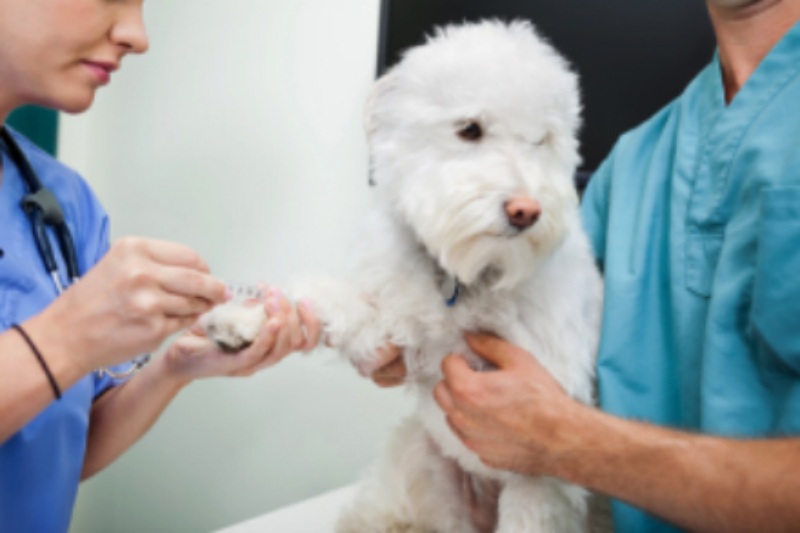Many clients booking in their cats and dogs with us for surgery often ask the question, “Is the bloodwork really necessary?”
Even young puppies and kittens coming in for a routine spay or neuter can benefit from running pre-surgical bloodwork. The veterinarian can spot early signs of countless diseases this way and can get a better idea of how anesthesia may affect your pet. These signs will often show up on blood work before you notice any changes on the outside, so even they may seem completely normal to you there could be something going on inside their body. If they do see anything concerning, they may want to cancel or postpone the surgery and deal with that problem first to make surgery and anesthesia as safe and successful as possible for your animal.
Bloodwork before surgery also gives the doctor a chance to potentially alter their typical drug protocol for sedation and anesthesia to a combination of different medications that are safer for your specific cat or dog. Every drug has its side effects, and we want the best outcome possible for you and your pet.
With our younger animals, we usually give you the option of declining pre-anesthetic bloodwork if you so choose, unless otherwise indicated by the vet based on your pet’s health history. However, for our older patients, bloodwork usually comes highly recommended or is sometimes even mandatory before being put under. This is because the risk of underlying conditions or possible anesthetic complications are much higher as they get older.
Pre-surgical bloodwork typically consists of two different blood tests. The first test is called a Complete Blood Count (or CBC). This basic blood test shows us the levels of red blood cells, white blood cells, and platelets, which can be helpful in diagnosing anemia (low red blood cells), systemic infections, and potential blood clotting deficiencies.
The second blood test usually performed before surgery is called a Chemistry, which will show the veterinarian how the kidneys and the liver are working. These organs especially do not usually start to show noticeable symptoms of disease on the outside until quite advanced, and the kidneys and the liver play a huge part in how the body metabolizes all of the sedative/anesthetic medications the animal will be given before and during surgery. Because of this, it is very important for us to know there are no kidney or liver issues before we put your pet under anesthesia, especially if they are older.
Bloodwork is never harmful to your animal and always comes recommended to ensure a safe anesthesia and happy recovery from surgery for your pet. With this better understanding of why we recommend testing the blood before anesthesia, we trust that you will be able to make the right decision for your cat or dog next time you are given the option.
Written by Stephanie LeBlanc, RVT




